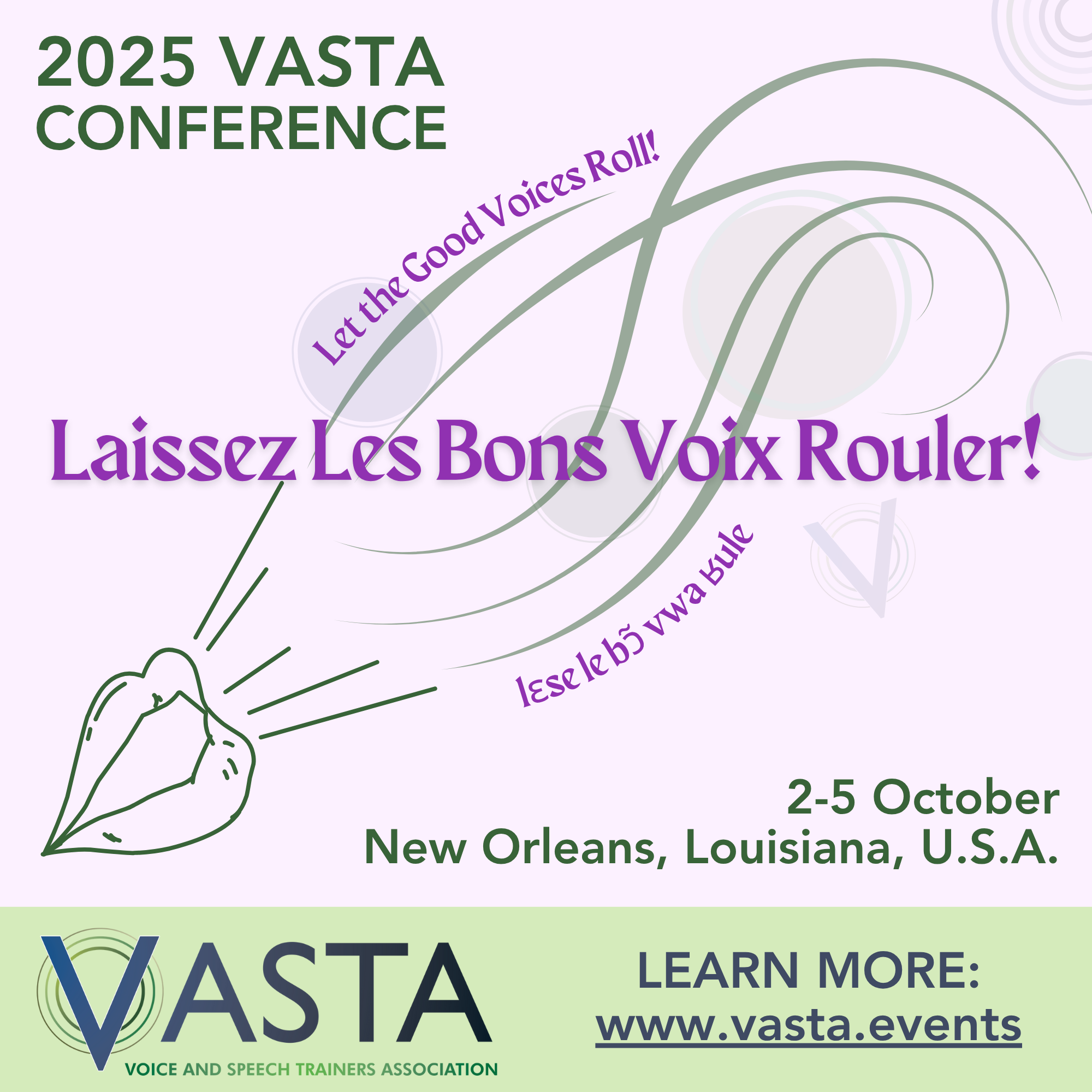Paraguay 1
Listen to Paraguay 1, a 22-year-old man from Asunción, Paraguay. Click or tap the triangle-shaped play button to hear the subject.
Both as a courtesy and to comply with copyright law, please remember to credit IDEA for direct or indirect use of samples. IDEA is a free resource; please consider supporting us.
BIOGRAPHICAL INFORMATION
AGE: 22
DATE OF BIRTH (DD/MM/YYYY): N/A
PLACE OF BIRTH: Asunción, Paraguay
GENDER: male
ETHNICITY: Paraguayan (exact ethnicity unknown)
OCCUPATION: N/A
EDUCATION: college study
AREA(S) OF RESIDENCE OUTSIDE REPRESENTATIVE REGION FOR LONGER THAN SIX MONTHS:
At the time of the interview, the subject had lived in Kansas, in the United States, for four years.
OTHER INFLUENCES ON SPEECH:
He and each of his brothers attended college in Kansas. He indicated a resistance to learning English as a teenager but did so because of the necessity of attending college in the United States. He speaks Spanish and Guarani (a native language of Paraguay) and was studying Italian at the time of the interview.
The text used in our recordings of scripted speech can be found by clicking here.
RECORDED BY: N/A
DATE OF RECORDING (DD/MM/YYYY): N/A
PHONETIC TRANSCRIPTION OF SCRIPTED SPEECH: N/A
TRANSCRIBED BY: N/A
DATE OF TRANSCRIPTION (DD/MM/YYYY): N/A
ORTHOGRAPHIC TRANSCRIPTION OF UNSCRIPTED SPEECH:
I was born in Paraguay, Asuncion; I am 22 years old. I came here four years ago. I decided to came here because of the [indiscernible on recording] in Paraguay and Kansas we pay in-state tuition. It’s [Paraguay] pretty, like, Kansas. It looks like Kansas. Most of the country is, like, flat. There’s a lot of agriculture and many industries. I went to British school in Paraguay, but, um, some students really learn it [English] and some didn’t. I was in the group of the people that didn’t want to learn English. But, um, all my brothers and sisters came here, so I didn’t have any, another chance. Like, my father told me, “OK. All your brothers went to Kansas. You gotta go.” So, I came here and I had to learn it. We have two languages, one is Spanish and the other is Guarani (sp?), an Indian language. Um, in the country everybody speaks Juarani. There’s a lot of people that doesn’t speak, do not speak Spanish. Sixty percent speak Spanish and there’s, like, a 40 percent that, the 60 percent probably 50, Yeah. Of the 60 percent, 90 percent would speak Spanish and Guarani and the 40 percent speak, uh, just Guarani. The Guarani language I, I don’t speak very much but I understand probably. “Mbaeichapa nde rera?” That’s, um, “What’s your name?” Um, I haven’t speak, like, in four years. The “Padre Nuestro” (Our Father or Lord’s Prayer): Padre nuestro que estas en el cielo, santficado sea tu nombre, venga a nosotros tu reino, hagase tu voluntad asi en la tierra como en el cielo. Danos hoy nuestro pan de cada dia, perdona nuestras ofensas asi como nosotros perdonamos a los que nos ofenden. No nos dejes caer en tentacion,y libranos del mal, Amen [English: Our Father, in heaven, hallowed be thy name. Thy kingdom come, thy will be done on earth as it is in heaven. Give us this day our daily bread and forgive us our trespasses as we forgive those who trespass against us. And lead us not into temptation but deliver us from evil, Amen.] My father is from Paraguay, and my mother is from Argentina.
TRANSCRIBED BY: Tony Bernal
DATE OF TRANSCRIPTION (DD/MM/YYYY): N/A
PHONETIC TRANSCRIPTION OF UNSCRIPTED SPEECH: N/A
TRANSCRIBED BY: N/A
DATE OF TRANSCRIPTION (DD/MM/YYYY): N/A
SCHOLARLY COMMENTARY: N/A
COMMENTARY BY: N/A
DATE OF COMMENTARY (DD/MM/YYYY): N/A
The archive provides:
- Recordings of accent/dialect speakers from the region you select.
- Text of the speakers’ biographical details.
- Scholarly commentary and analysis in some cases.
- In most cases, an orthographic transcription of the speakers’ unscripted speech. In a small number of cases, you will also find a narrow phonetic transcription of the sample (see Phonetic Transcriptions for a complete list). The recordings average four minutes in length and feature both the reading of one of two standard passages, and some unscripted speech. The two passages are Comma Gets a Cure (currently our standard passage) and The Rainbow Passage (used in our earliest recordings).
For instructional materials or coaching in the accents and dialects represented here, please go to Other Dialect Services.
 IDEA: International Dialects of English Archive
IDEA: International Dialects of English Archive



